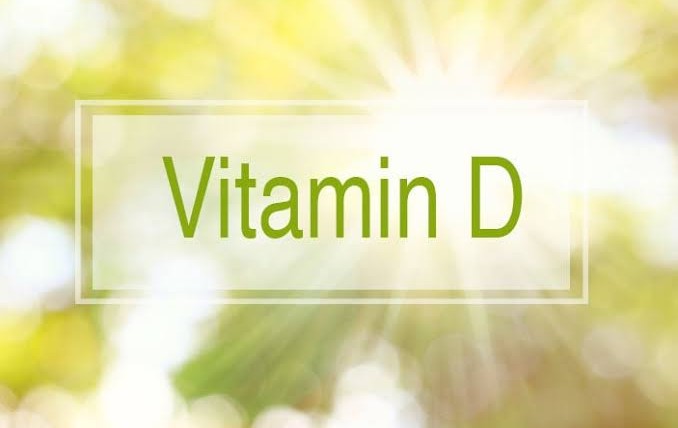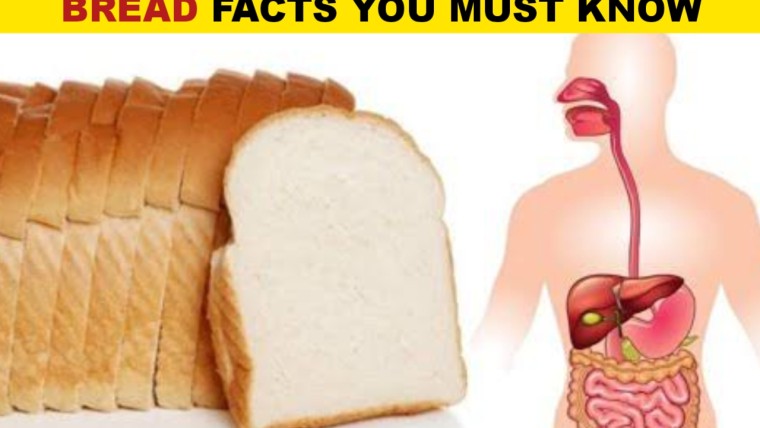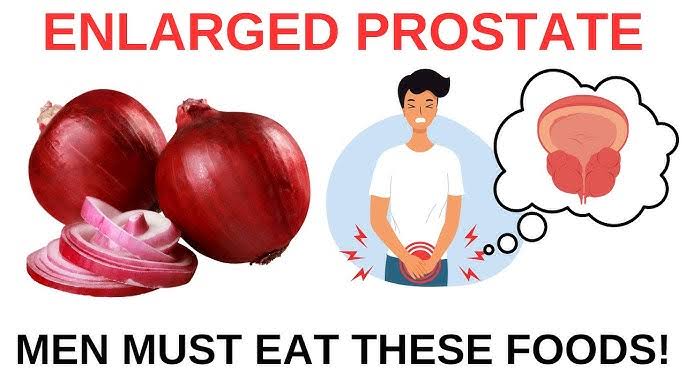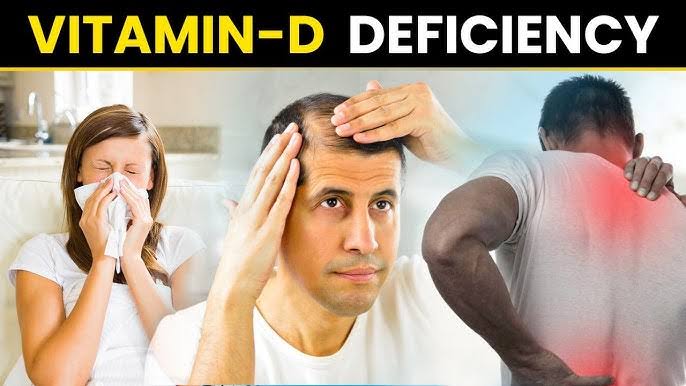Do you like pumpkin? Do you have the habit of eating the vegetable sautéed, boiled, roasted, in the form of puree or in recipes for salads, soups and broths? Have you ever heard that it is good to consume pumpkin for cholesterol?
For starters, there are numerous health benefits of pumpkin. The vegetable serves as a source of a number of important nutrients such as fiber, potassium, copper, manganese, iron, magnesium, phosphorus, vitamin A, vitamin B1, vitamin B3, vitamin B5, vitamin B6, vitamin B9 (folate), vitamin C and vitamin E.
Not to mention that pumpkin is a source of antioxidants and has already been associated with the benefit of stimulating our immune system.
[lwptoc]
What about using pumpkin for cholesterol?
When we look at the use of pumpkin for cholesterol, one part of the food that stands out is pumpkin seeds.
So much so that the cardiologist and associate professor at the Miller School of Medicine at the University of Miami, in the United States, Arthur Agatston, presented pumpkin seeds as one of the foods that can help lower cholesterol.
According to Agatston, alongside almonds, pistachios, chia seeds, and flaxseeds, pumpkin seeds are excellent sources of heart-healthy protein, vitamins, minerals, and monounsaturated and polyunsaturated fats.
“When they replace saturated fats in the diet, nuts and seeds help lower LDL cholesterol (also called bad cholesterol) and total cholesterol without affecting HDL cholesterol (known as good cholesterol) levels,” explained the cardiologist.
In the same vein, the UK’s National Health Service (NHS) recommends replacing foods high in saturated fats – such as fatty meats, butter, cakes, biscuits and preparation with coconut oil or coconut oil. palm oil (palm oil) by small amounts of foods rich in unsaturated fats such as pumpkin seeds.
In addition, plant sterols found in pumpkin seeds can help lower bad cholesterol levels.
But there are some caveats to using pumpkin seeds for cholesterol: You need to limit your daily intake of nuts and seeds because they are high in calories, warned Arthur Agatston, cardiologist and associate professor at the University of Miami Miller School of Medicine. in your published article.
It is also not good to consume pumpkin seeds with the addition of salt, especially too much salt, to avoid consuming excessive amounts of sodium, which can cause other health problems. Something undesirable for those who already have high cholesterol, isn’t it?
The Harvard University School of Public Health in the United States has warned that excessive sodium intake can cause problems such as fluid retention, hardening of blood vessels, high blood pressure, heart attack, stroke and heart failure.
Pumpkin Seed Oil
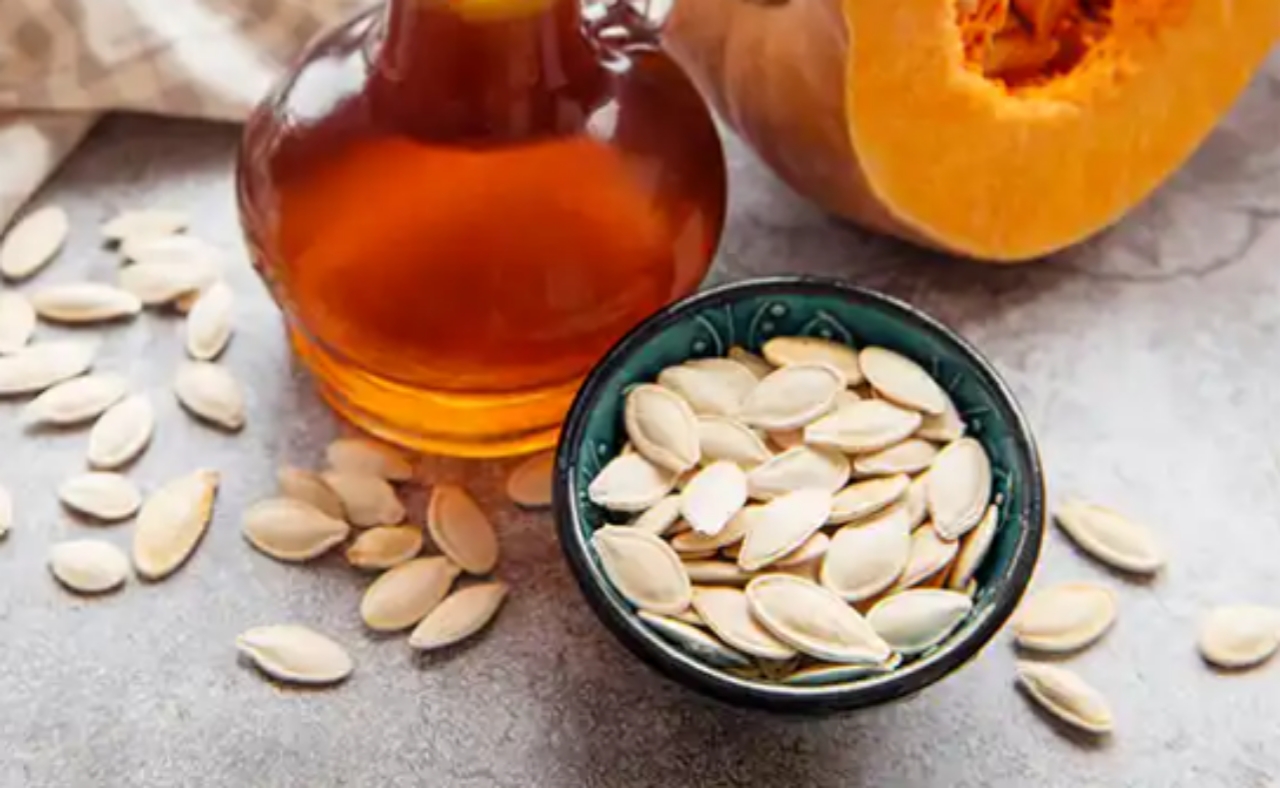
According to nutritionist Mary Jane Brown, research conducted on animals showed that pumpkin seed oil lowered high cholesterol levels, which is considered one of the important risk factors for the development of heart disease.
“A 12-week study of 35 postmenopausal women observed that pumpkin seed oil supplements reduced diastolic blood pressure (the low number in a reading) by 7% and increased levels of good HDL cholesterol by 16 %”, added the nutritionist.
However, before you start using any supplement – which includes pumpkin seed oil-based supplements – you should have your doctor’s approval and consult with him so that he can help you choose a reliable and quality version of the product.
Consultation with the doctor is also essential to know if using pumpkin seed oil supplement for cholesterol can really work, if it can’t harm you, in what dosage and frequency it can be used and how long your treatment with it should last. the product.
It is also important that the doctor is informed about the other medicines, supplements and plants that you are using so that the professional can verify that the use of the supplement at the same time as the substance in question cannot harm the health of your body.
More Important Than Knowing If Pumpkin For Cholesterol Really Works
It’s knowing how the diet of those who have problems with cholesterol should work.
In addition, you should follow any instructions given by him regarding treatment for high cholesterol. Even because a single food will not miraculously cure cholesterol problems.
Remember that this article is for information only and can never replace a doctor’s diagnosis, prescription and recommendations. To see more post on Diet & Nutrition click here.
Did You Like The Tips?
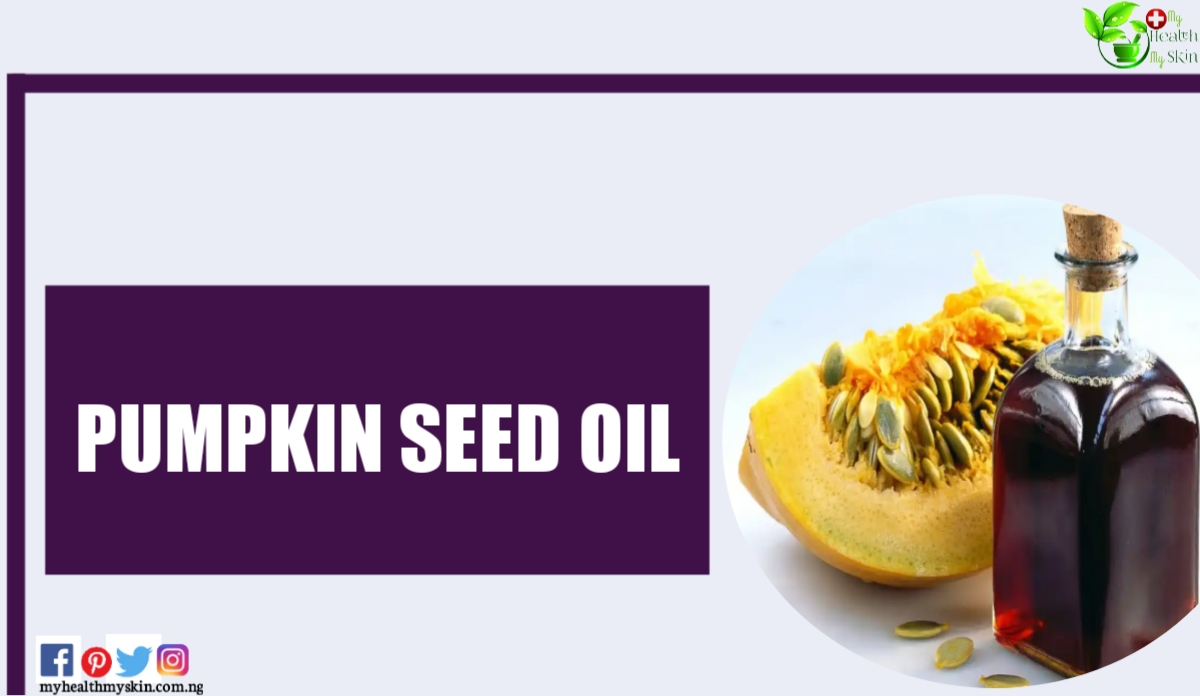
Have You Heard That There Are Benefits Of Pumpkin For Cholesterol? Do You Consume Pumpkin Or Its Seeds Frequently? Comment Below!

